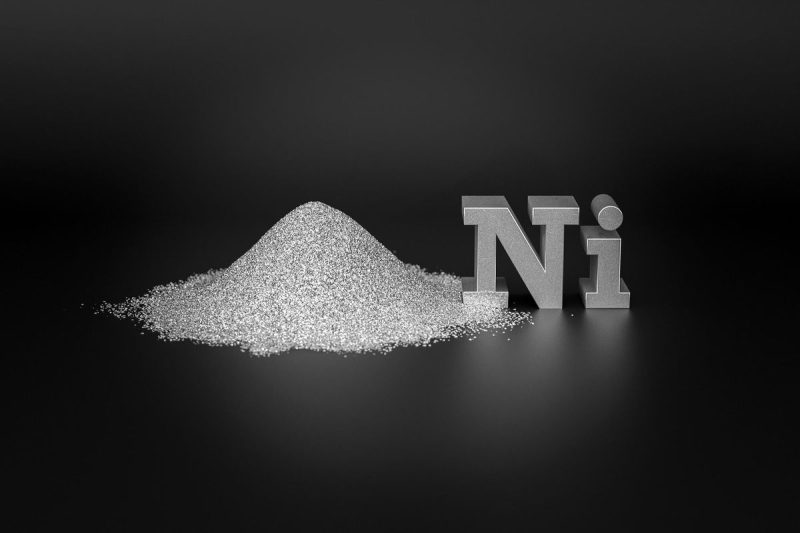
Unveiling Nickel’s Magic: Its Uses and Application (2024 Update)
Nickel, a versatile and valuable metal, is incredibly vital in a vast array of industries, thanks to its unique physical and chemical properties. As of 2024, the utilization of Nickel has expanded significantly and it continues to fuel the technological and industrial advancement in our rapidly evolving society. The usage of Nickel stretches across various domains such as stainless steel production, electrification, manufacturing, aerospace, and more.
1. Stainless Steel Production
First and foremost, the foremost usage of Nickel lies in the creation of stainless steel, amounting to about 65% of the metal’s global usage. Nickel, when alloyed with iron and chromium, produces stainless steel that offers higher resistance to corrosion and maintains its strength at high temperatures. This makes it an ideal constituent in machining, engineering, and construction processes.
2. Energy Storage and Batteries
The burgeoning demand for sustainable energy alternatives in 2024 has boosted Nickel’s usage in the battery industry. Lithium-ion batteries, especially the ones used in electric vehicles, utilize Nickel to enhance performance, increase energy density, and extend the battery’s life. Nickel-based batteries are also critical in storing renewable energy from solar and wind sources, making it imperative in our transition towards a green future.
3. Nickel-Based Alloys
Nickel’s remarkable resistance to heat and corrosion makes it a crucial component in the production of Nickel-based superalloys. These alloys are employed in environments that demand materials with high-temperature resilience such as gas turbines, jet engines, nuclear power plants, and chemical reactors.
4. Catalytic Converter in Vehicles
Nickel finds substantial usage in the automotive industry, specifically in the creation of catalytic converters. These converters, made from Nickel-containing alloys, reduce harmful emissions from vehicles by transforming them into less harmful substances, thereby contributing to a cleaner environment.
5. Plating and Coating
Nickel is extensively used for plating and coating purposes in various industries. The durability, shine, and rust-proof nature of Nickel makes it ideal for coating everything from silverware to machinery parts, offering protection and aesthetic appeal. Furthermore, the electronics industry relies on Nickel plating for enhancing conductivity in connectors, wires, and circuits.
6. Nickel Compounds in Specialty Glass
Certain Nickel compounds play a vital role in specialty glass production. Nickel sulphate, specifically, can control the amount of light absorbed by the glass, making it appropriate for photosensitive glasses used in items like eyewear, windows, and optical electronics.
7. Medical

